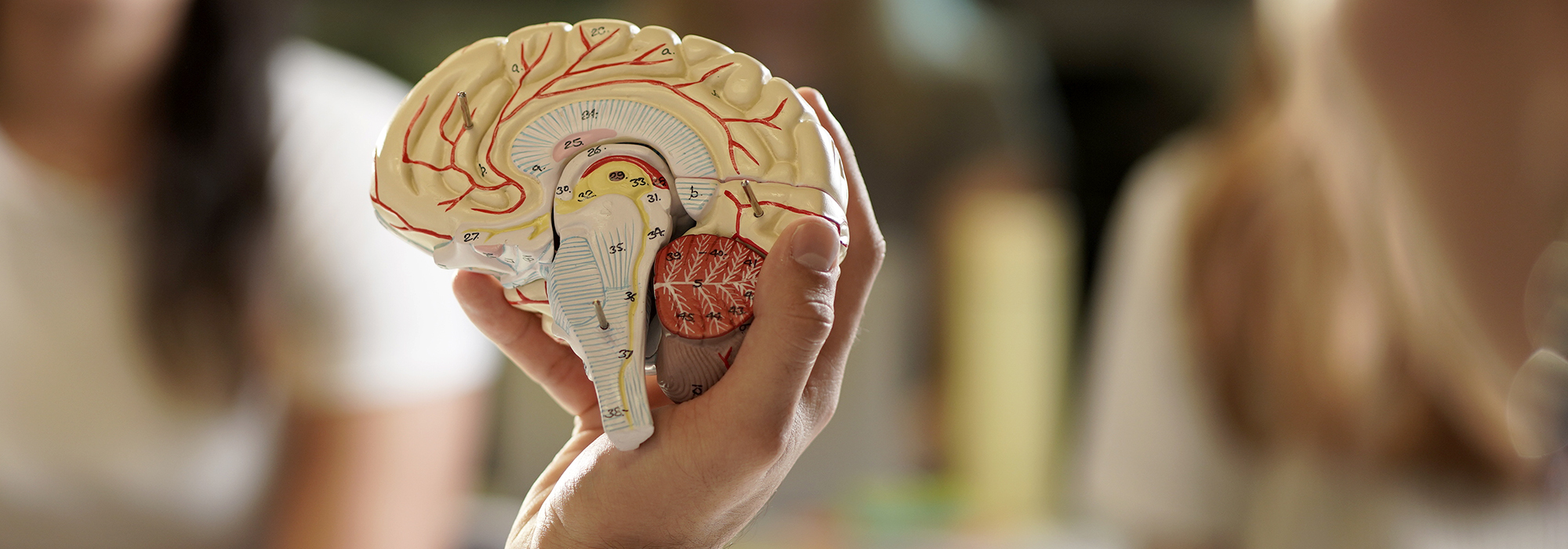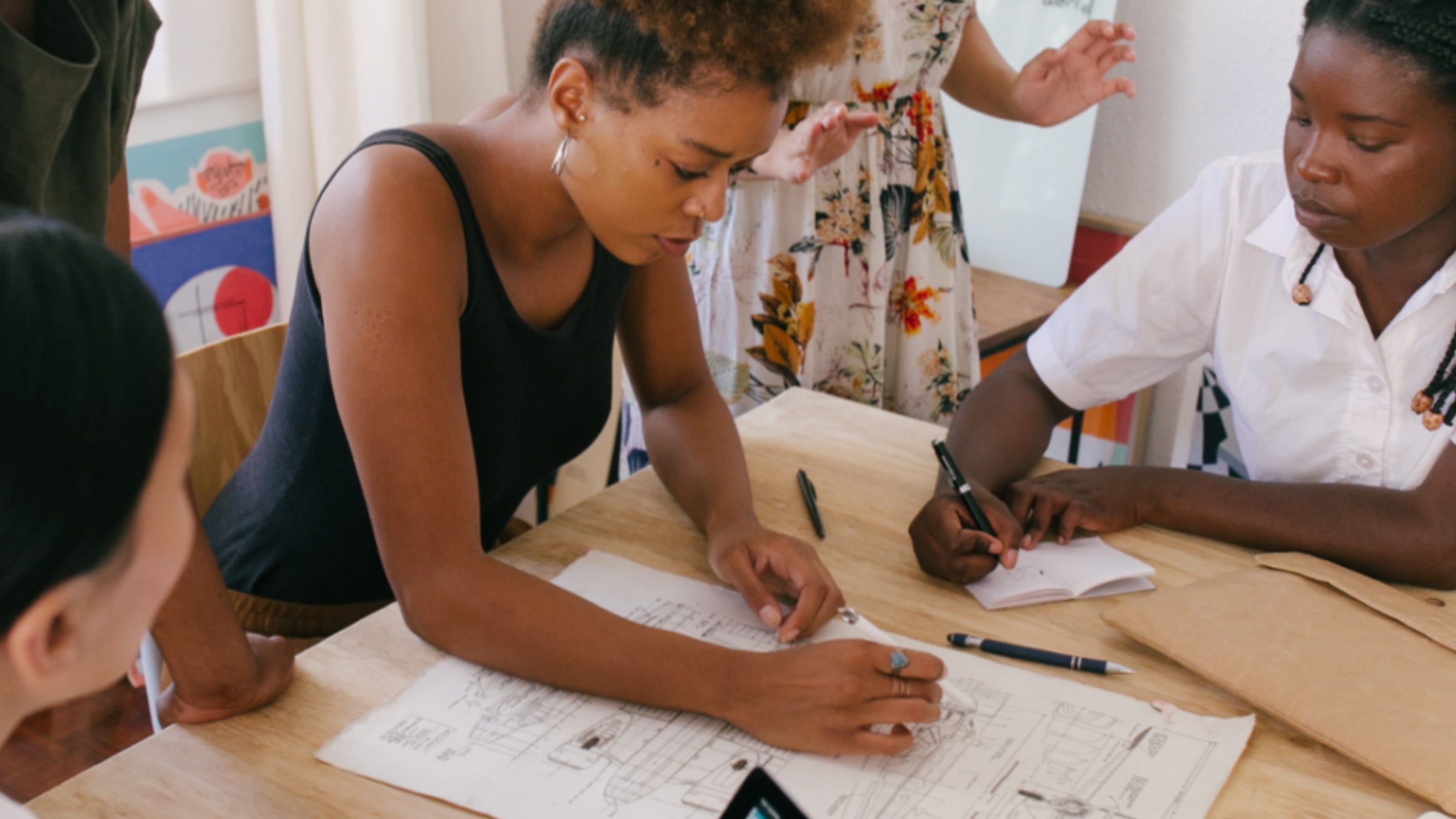- Te Kura Mātai Hinengaro / School of Psychology
- About us
- Study
- Undergraduate study
- Postgraduate study
- Graduate Diploma in Science
- Postgraduate Diploma in Science
- Bachelor of Science with Honours
- Postgraduate Diploma in Clinical Psychology
- Master of Science in Psychology
- Master of Science in Cognitive and Behavioural Neuroscience
- Master of Science in Cross-Cultural Psychology
- Master of Science in Forensic Psychology
- Master of Science by thesis
- PhD
- Course list
- Careers
- Awards and scholarships
- Research
- Research labs
- Affective and Criminal Neuroscience Lab
- Autobiographical Memory Lab
- CACR
- Cognitive and Affective Neuroscience Lab
- Cognitive Neuropsychology Lab
- Emotions, Love, and Motivation Lab
- Infant and Child Cognition Lab
- Mind in Context Lab
- Romantic Relationships Lab
- Social Cognition Lab
- Te Whānau Lab
- Vision and Cognition Lab
- Youth Forensic Psychology Research Lab
- JAWS Study
- Early Intervention in Mental Health Lab
- PhD students
- Aaron Hissey
- Alana Haenga-O'Brien
- Annabelle Wride
- Annalisa Hughes
- Apoorva Sriram
- Awatea Moxon
- Elizabeth McLean
- Feryl Badiani
- Fin Johnson
- Fiona Grattan
- Grace Nock
- Joanna Mete
- Jordan Payne
- Juan Pablo (John) Vega
- Konstantina Vasileva
- Kylie Sutcliffe
- Laura Kranz
- Laurel Keats
- Lee Bravestone
- Linda Fatialofa
- Manjuparna Raychaudhuri
- Mei-Jing Lin
- Michaela Dresel
- Olivia Nop
- Tyler Ritchie
- EMAP
- Research labs
- Student help
- Clinical Psychology Centre
- Centre for Applied Cross-Cultural Research

The human mind presents some of science’s greatest challenges, and an understanding of behaviour is key to solving some of humanity’s most pressing problems. Join the School of Psychology to understand human nature and explain both the strange and everyday behaviour you see around you.
We are the recognised number one School of Psychology in New Zealand in terms of research quality and output, and you will be taught by our academic staff, each of whom works at the forefront in their respective area.
Upcoming and current events
We're sorry, we're not able to retrieve this information at the moment

Drive meaningful change
Help solve some of Aotearoa’s most crucial problems. Study Psychology with us in 2025.
Find out more
Psychology
Study Psychology to understand behaviour—how we think, feel, and act—and how those processes can go wrong. Learn how our biology and our environment interact to make us who we are.
Find out moreAvailable subjects
- Psychological Science
- Brain Sciences and Mental Health
- Clinical Psychology
- Cognitive and Behavioural Neuroscience
- Cognitive Science
- Criminal Justice and Psychology
- Cross-Cultural Psychology
- Educational Psychology
- Forensic Psychology
- Health Psychology
- Māori Psychology
- Mental Health: Principles and Applications
- Work and Organisational Psychology
-
Bachelor of Psychology
BPsyc
3 years
360 points
Kelburn, Wellington
-
Bachelor of Science
BSc
3 years
360 points
Kelburn, Wellington
-
Graduate Certificate in Science
GCertSc
1 trimester of full-time study. Or normally 2 trimesters for part-time domestic students.
60 points
On-campus (Kelburn, Wellington)
-
Graduate Diploma in Science
GDipSc
2 trimesters of full-time study or normally 4 if studied part time
120 points
Kelburn, Wellington
-
Bachelor of Science with Honours
BSc(Hons)
Duration: 2 trimesters of full-time study. Or normally 4 trimesters for part-time domestic students.
Points: 120
Type: Coursework and research
Schedule: Lectures
-
Graduate Certificate in Science
GCertSc
Duration: 1 trimester of full-time study. Or normally 2 trimesters for part-time domestic students.
Points: 60
Type: Coursework
Schedule: Daytime lectures
-
Graduate Diploma in Science
GDipSc
Duration: 2 trimesters of full-time study or normally 4 if studied part time
Points: 120
Type: Coursework
Schedule: Daytime lectures
-
Master of Science by coursework and thesis
MSc
Duration: 4–5 trimesters of full-time study. Normally 8 trimesters for part-time domestic students.
Points: 240
Type: Coursework and research
Schedule: Lectures and/or lab sessions
-
Master of Science by thesis
MSc
Duration: 2–3 trimesters of full-time study. Or normally 5–6 trimesters for part-time domestic students.
Points: 120
Type: Research
Schedule: Self-directed study
-
Postgraduate Diploma in Clinical Psychology
PGDipClinPsyc
Duration: 6 trimesters of full-time study.
Points: 330
Type: Coursework and practicum
Schedule: Lectures
-
Postgraduate Diploma in Science
PGDipSc
Duration: 2 trimesters of full-time study. Or normally 4 trimesters for part-time domestic students.
Points: 120
Type: Coursework
Schedule: Lectures and/or lab sessions
-
Doctor of Philosophy (Science)
PhD
Duration: Minimum 3 years full-time study, or at least 6 years if studied part time
Points: 360
Type: Research
Schedule: Self-directed research

Support the School of Psychology's research
Support student research projects and events for the community around psychology-related topics to grow everyone’s knowledge and understanding of human behaviour.
Find out more about donatingLatest news
We're sorry, we're not able to retrieve this information at the moment


